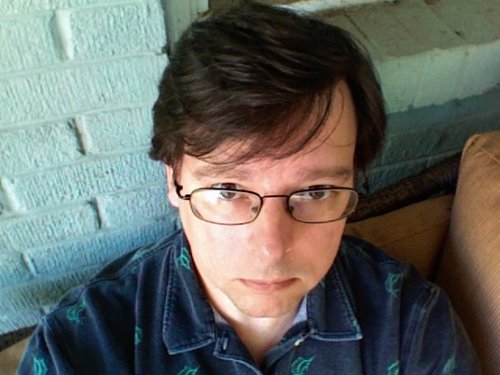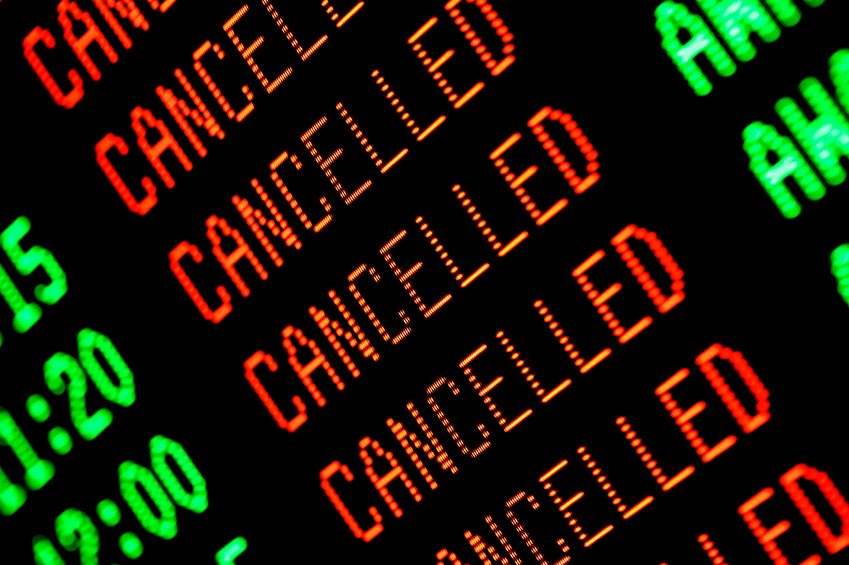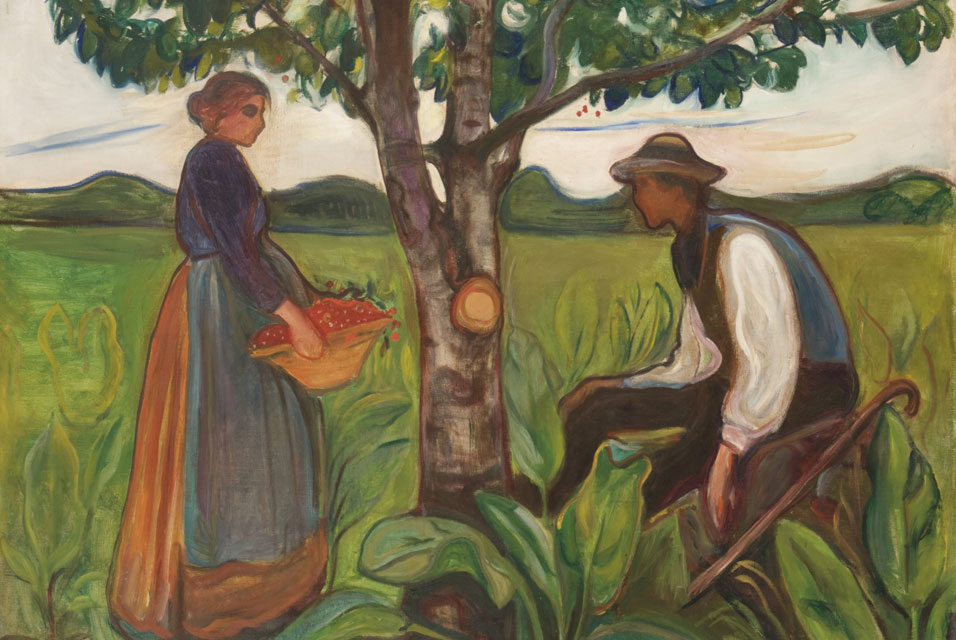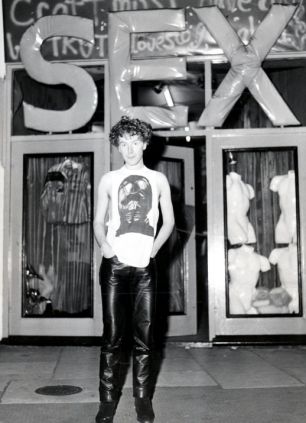
On the blog Largehearted Boy, David Gutowski tries to find “the point where music and literature meet.” That means chatting up authors and musicians about where they find inspiration, plus lots and lots legal mp3s free for the taking. We recently caught up with the blogger with the big heart and he gave us insight into biz of blogging and the rapidly changing music industry.
Museyon Guides: On the blog you talk to authors about music and to musicians about books. Have there been any surprises?
David Gutowski: I guess I’m always surprised. The reason I started the series is that I’d often discover new authors when I’d read an interview with a musician he or she would say, “I just read this book and it was great.” I usually listen to singer-songwriters, and people that take the craft of songwriting very seriously, they also take writers very seriously, and vice versa.
What surprises me most is the authors that don’t listen to music. I’ve had a handful of those where I’ve approached them and they’ve said, “I don’t listen to music.” To me that’s almost unbelievable for someone in the arts.
MG: You’re a vet when it comes to blogging. How has the music blog scene change since you started?
DG: I talk about this with a lot with a lot of the old-school music bloggers…my blog will be 8 years old in January. There’s this turning point of 2004, 2005 when advertising became real prominent on music blogs, and also, the music blog aggregators Elbows and The Hype Machine both started. Before that there were a lot of people who were very enthusiastic about music, die-hard music fans. After that it’s like everyone had a music blog.
There was less hype when I started my blog, through the music blogs; it was more magazines and newspapers. Somewhere around 2003, 2004 music blogs started to break bands. Now you have the whole phenomenon of the blog hype, and then the blogs tear down whoever was hyped one or two years before—the Pitchfork Effect, I guess.
It’s a great way for bands and for artists to become known, to get their name out there.
MG: And for fans it’s a great way to find these acts that are doing their thing all over the world…
DG: Yeah. My blog is pretty eclectic—it’s a lot of indie rock it’s a lot of alt country and Americana, but there are some punk bands in there, and there are some rock bands in there. It’s a musical smorgasbord every morning, where people can go and you can stream the songs or you can download them. You never know quite what you’re gonna get, but hopefully you’re gonna like something. You may not like it all, but hopefully you’ll find something.
With the music blogs today, there are so many, and so many are these niche blogs—you may want female singer-song writers and there’s a blog for that. Or you may want Swedish music and there’s a blog for that. You might want blues from the ’50s and ’60s, and there’s someplace out there for that, and I think that’s great.
MG: You used the term “musicial smorgasboard” and I have to say, one thing that I loved on the site today was Britney Spears…
DG: I try to keep my mind open. There’s been a whole rockism debate in the last 10 years or so, as far as discounting pop music. I try to look at the big picture—music is music. I try to avoid any kind of discrimination by genre, if I can. A lot of people say they like all kinds of music, but I really do … much to the annoyance of my wife. But that’s okay.
MG: How do you feel about the state of contemporary music today? Are we in an upward trend?
DG: I think there’s always an abundance of good music out there, and you just have to find it. The internet has made it both easier and harder to find good music, because there’s so much more music being presented to people every day. But, the same percentage of that is still what I would call “good” or craftily done. It’s both harder and it’s easier for musicians because there’s so much competition for blog space for MySpace eyes.
Music is at a turning point—everything is going digital. That has to be better monetized, for both the musicians and for the labels. More musicians are going at it without labels. I’m seeing more and more bands offering their music for free, or using the Radiohead model of pay what you want, but you can take it for free if you’d like, as well. I’ve seen more bands do that in the last 6 months, than I have in the last couple of years. These aren’t big bands that are doing it, but they’re bands that are just breaking out. There’s a lot of opportunity there.
The industry is changing so quickly, it’s really hard for bands and it’s hard for the labels and the industry itself. I see the subscription as being the future of music, and I’m as much of a fetishist for CDs and LPs and singles, but once they figure out how to put that album or single experience into a download, that changes everything.
Stay tuned tomorrow for part two of our chat, in which Gutowski gives us the scoop on the emerging music scene in his home base of Birmingham, Alabama.
Tagged with: Alabama Birmingham blogs Britney Spears David Gutowski Elbows Largehearted Boy music Pitchfork Radiohead rockism The Hype Machine
 MUSEYON BOOKS Smart City Guides for Travel, History, Art and Film Lovers
MUSEYON BOOKS Smart City Guides for Travel, History, Art and Film Lovers


